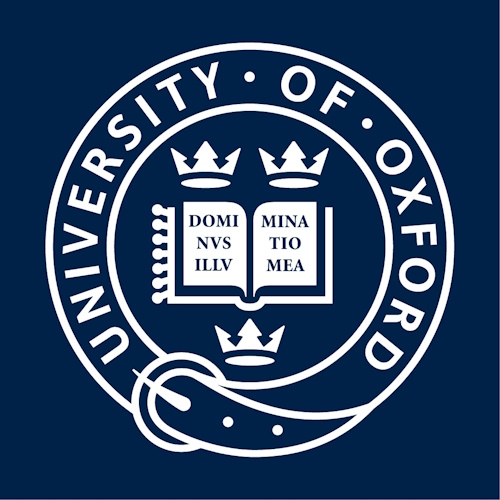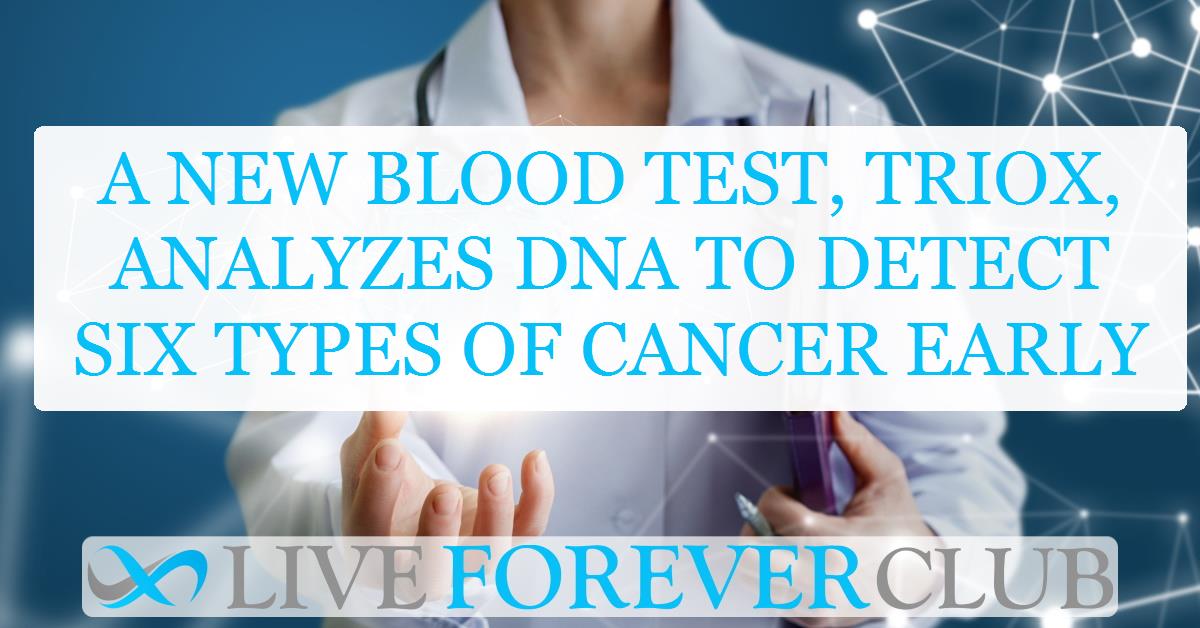Key points from article :
Scientists at Oxford University have developed a blood test, TriOx, capable of detecting cancer at its earliest stages, potentially transforming routine cancer diagnostics. The test, a liquid biopsy, analyzes DNA in the blood to identify subtle signs of cancer. It was tested on 91 blood samples, including 61 from cancer patients and 30 from non-cancer patients. Results showed a 94.9% sensitivity rate, correctly identifying 56 out of 59 cancer cases, and an 88.8% specificity rate, distinguishing eight out of nine non-cancer cases, reducing unnecessary procedures for healthy patients.
The study focused on six types of cancer: bowel, oesophageal, pancreatic, renal, ovarian, and breast cancer. Among the cancer patients, five were stage one, 20 were stage two, 35 were stage three, and one was stage four, highlighting the test’s ability to detect cancer even at earlier, more treatable stages. Two-thirds of participants were male, and most were aged 60 or older, reflecting the demographics of the study group.
TriOx uses cutting-edge science and machine learning to examine the whole cancer genome, enhancing reliability. A simple blood draw could eventually screen for multiple cancers, offering patients and doctors a faster and more convenient diagnostic tool.
The study demonstrates that early detection is critical to improving survival rates, as cancers are more likely to be cured when caught early. The test’s ability to distinguish between cancerous and non-cancerous cases means quicker treatment for patients and fewer unnecessary procedures for healthy individuals.
The research team plans to expand the test to include more cancer types and larger patient groups to validate its efficacy. This study was funded by Innovate UK and the NIHR Oxford Biomedical Research Centre, with findings published in Nature Communications.








